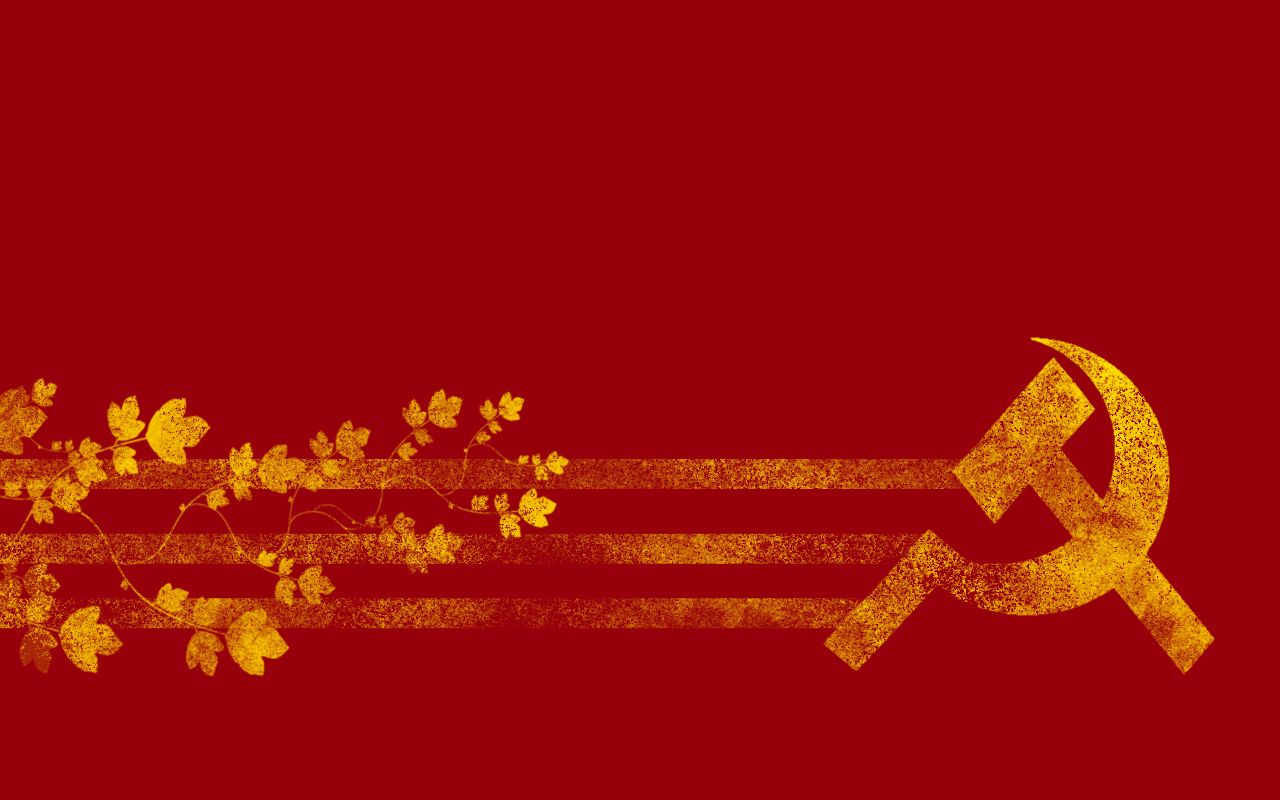
We all suspect that Angela Merkel is more worried about the results of the next elections in one of Germany’s länder [federal states] than the realization of a far-reaching European project. Suspicion shrouds not only the controversial German leader but the entire political class of the developed world’s democracies. Political cycles are short and dominated by party priorities. And so democracy, while apparently spreading across the world, is weakened in citizens’ eyes. How can these seeming contradictions be explained?
The duration of political cycles is nothing new in Europe or the United States, but the loss of the sense of a unified state is; this is possibly linked to the loss of memories of war. Let’s remember now. The success and high level of consensus achieved in the transition from last century’s European wars to peace cannot be explained without reference to the conviction that, above all, a return to civil conflict had to be avoided. The events of February 23, 1981 [date of an attempted coup in Spain during its democratic transition] reminded us, in classic Hobbesian form, that this was no merely theoretical matter. But today’s European politicians see the war as a historic event that need not influence their decisions. For the United States, the Cold War was as important, or more so, than the World Wars, and the U.S.’ firm stance against the Soviet model generated a unifying, bipartisan spirit against the enemy of the nation. But the war was won, the enemy converted to the capitalist faith.
Curiously, the triumph of the system — lauded by some as the end of history — carries with it its own negation. On one side, we witness the spread of democracy, not only because of a rational conviction that it is the best system of social organization but also because it is, evidently, the strongest system. It won World War II and it won the Cold War. Such convincing credentials opened the way in formerly communist countries, in Latin America and, progressively, in great swathes of Asia and Africa.
But at the same time that democracy seems to be finding general acceptance, in the countries where it is best consolidated, its limitations have come to the surface and its politicians have been discredited. At the same time, a despotic regime is emerging as a global power, and its economic success and financial fortitude leave us without arguments. Although a year ago the Nobel Prize was awarded to a dissident — soothing the West’s conscience — realpolitik rules. Democratic heads of state, made servile, ask their Chinese counterparts for financial help, while economic liberalism’s opinion leaders mouth praise for the success of their model.
History itself shows us that democracy is not the end of history. The two democratic experiments of the ancient world, Greece and Rome, both ended in empire. History need not be repeated, but we do know that democracy will only continue to prevail as long as it is shown to be not only the most just regime but also the most efficient and strongest. Fascism fell in open war while communism, faced with evidence of system failure, self-immolated: Democracy seemed definitively consolidated. But the success of a country that combines economic liberalism with state interventionism should put us on guard and cause us to react in two ways.
First, the revision of our own model: to strengthen institutions, favor a long-term vision and encourage the mechanisms of social cohesion. Democracy was well established in Brazil during the Lula period because it allowed millions of families to get out of poverty. On the contrary, it is weakened in the United States and Europe as long as social inequalities increase and millions of people enter unemployment. The neoliberal ideology defeated communism but is inefficient in the formulation of a postmodern society. It produces incoherence and solipsism that at a collective level translate into a rejection of federal institutions, as much in the United States as in Europe.
Second, a review of our foreign policy and external political communication and propaganda: If we wish to defend the values that inspire our democratic system, we should do so with all available arms. Policies of accommodation with, and cue-taking from, dictatorships get us nowhere, as was shown in the period shortly before World War II. Realpolitik obliges the maintenance of political and economic links with the great nation of China, but nothing impedes the employment of all possible media to draw attention to the democratic deficit on which its political system is constructed. To affirm our values with conviction and fight for them is not only an act of faith. It is the most realistic way to stop the global rebalancing crisis from culminating in a questioning of democracy instead of a consolidation of the values that inspire it.

My money’s on Latin America.